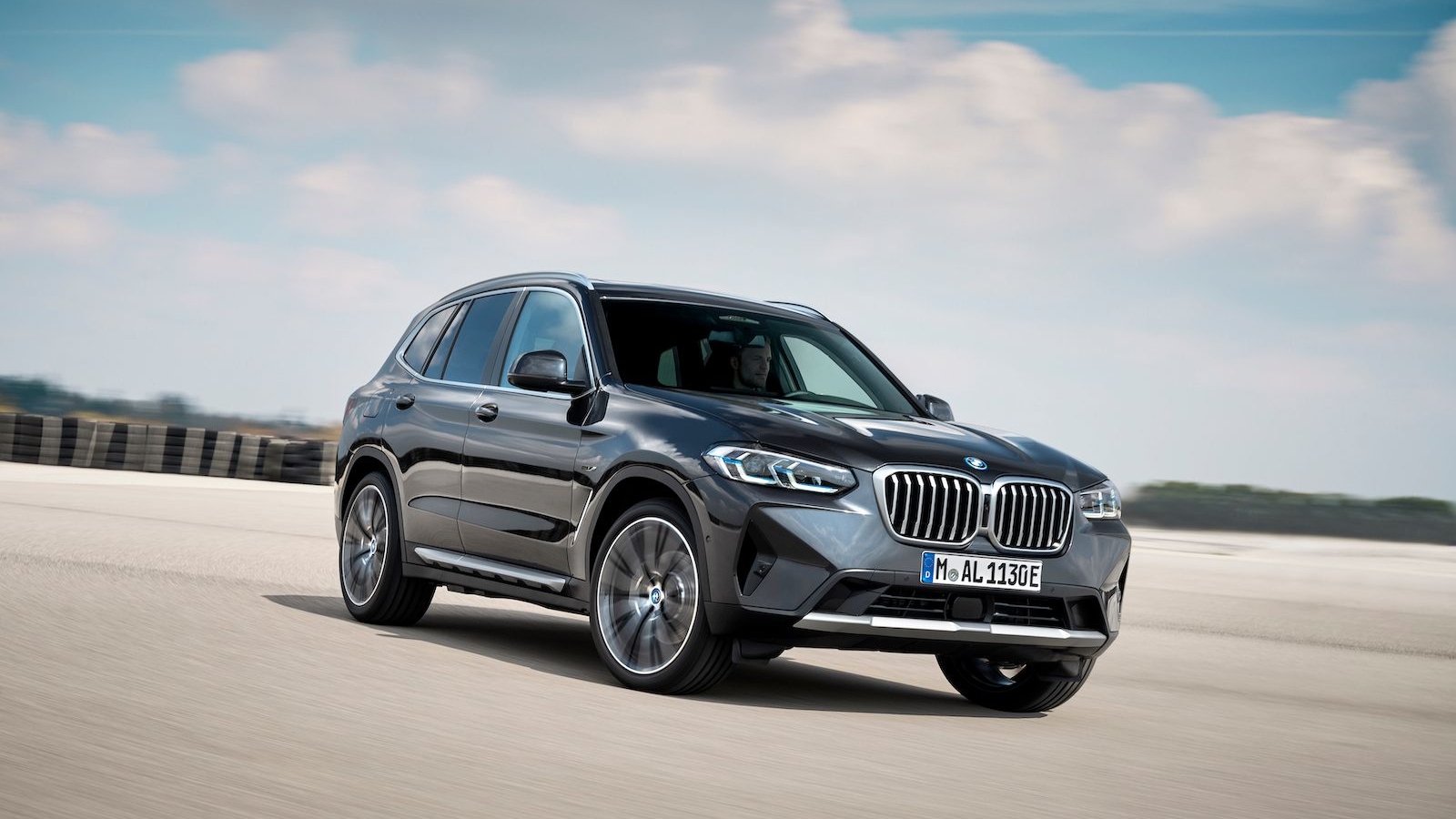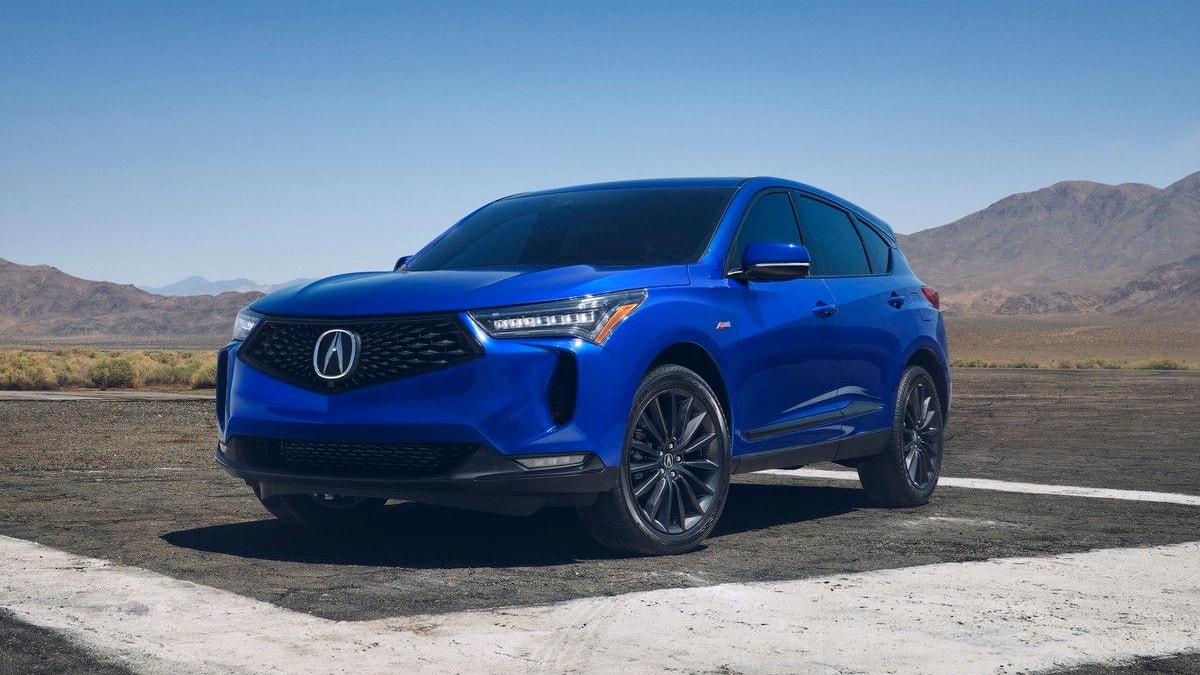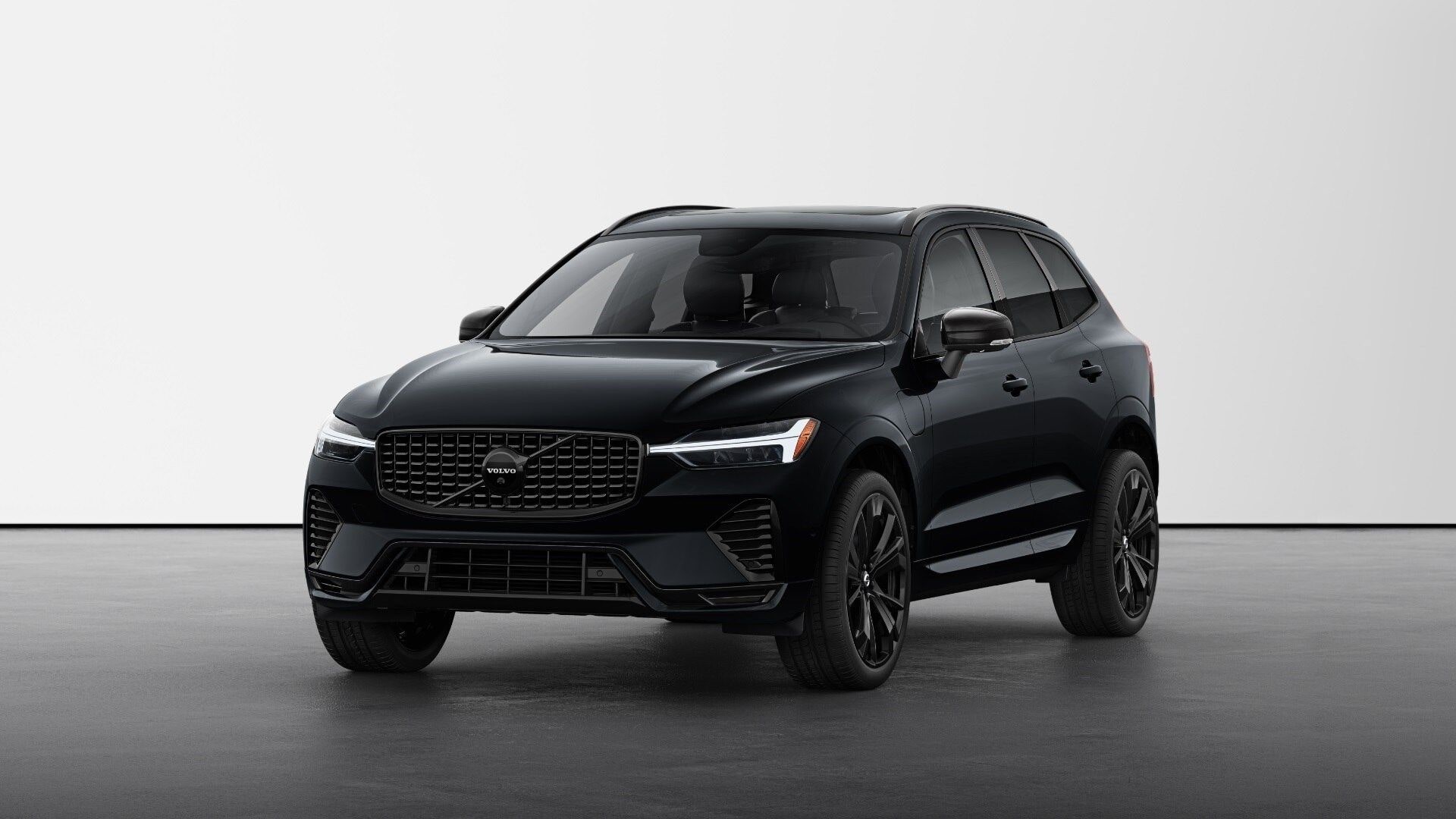BMW was one of the first mainstream automakers to make the foray into electric cars when it started leasing battery-powered versions of its Mini Hardtop and 1-Series Coupe last decade.
However, the automaker's much-hyped i division, launched in 2013 as a sub-brand dedicated to eco-friendly vehicles, has failed to make an impact. The i3, BMW's sole electric car, has suffered from low sales since launch and will soon be drastically outmatched by the competition, specifically the Chevrolet Bolt EV and Tesla [NSDQ:TSLA] Model 3, despite more range being added for 2017.
BMW’s error was going with expensive carbon fiber construction and quirky design, thinking electric cars needed to be “different” to succeed. Tesla with its Model S proved that theory wrong, so now BMW is changing tack. The automaker on Friday confirmed to Reuters that it will add electric versions of regular models, starting with the X3 SUV and at least one model from the Mini lineup. BMW said the first will arrive around 2019.
Rivals Audi and Mercedes-Benz also have plans for mainstream electric cars. Audi plans three electric cars by the end of the decade, the first of which, an electric SUV, will arrive in 2018. Mercedes also plans a handful of electric cars, the first of which was previewed on Thursday at the 2016 Paris auto show in the form of the Generation EQ concept car.
With advancements in battery technology, automakers would be smart to make the switch to electric power. They are faced with not only changing trends, particularly in the luxury segment, but also stricter emissions regulations and generous incentive programs. The latter in particular is having a marked effect in China where a number of local players, some from outside the auto industry, are racing to develop new electric cars.



